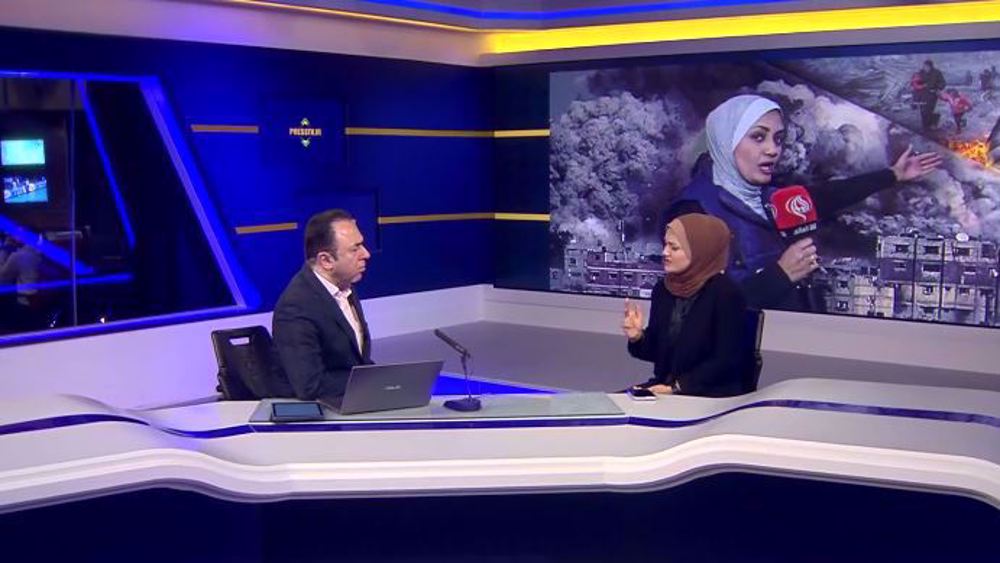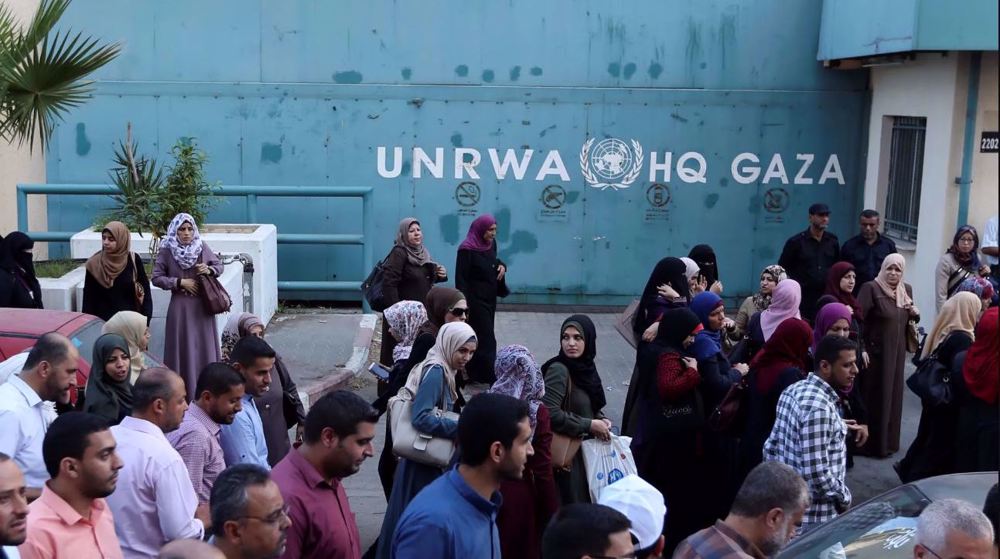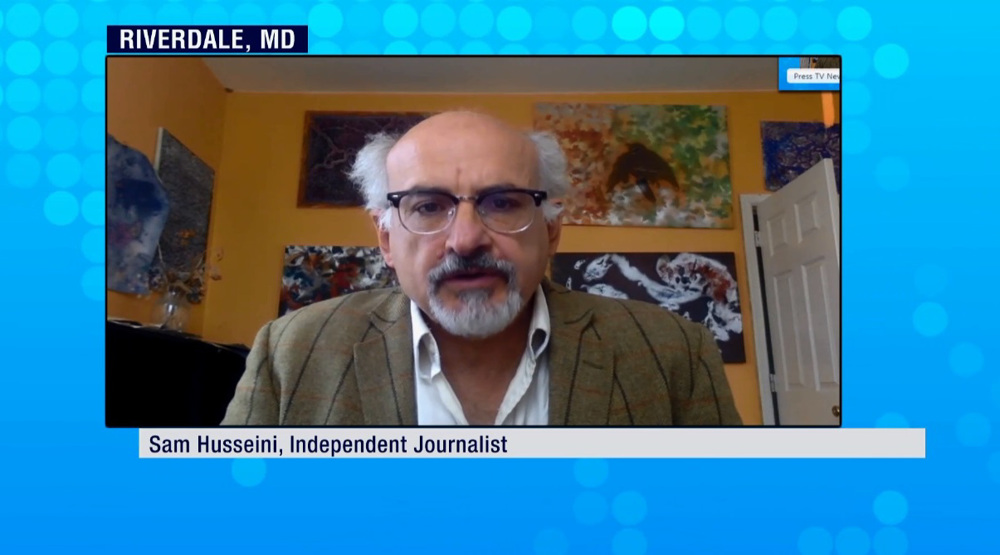fghan peace talks must be all-inclusive: Analyst
Press TV has interviewed Leah Bolger, a retired navy commander in Portland, to discuss a second round of four-nation talks which has started in the Afghan capital, with representatives from Afghanistan, Pakistan, China and the United States coming together to lay out the ground for peace talks between the Taliban and Kabul.
The following is a rough transcription of the interview.
Press TV: In the past, we have seen many efforts undertaken by different parties to hold negotiations between the Afghan government and the Taliban. Will the efforts succeed this time?
Bolger: I think it is critical that all parties be involved in any negotiations, and I think that it is absolutely imperative that both the United States be at the table but also the Taliban, and we are not going to get anywhere if we just keep saying no, one party cannot be there or we will not participate. So I do not think they will be successful unless all parties are invited.
Press TV: The Taliban have said that they do not want US involvement in the process. Is that even possible?
Bolger: Well no, it is not possible and both sides are going to have to concede because as I understand the talks that are proposed for tomorrow do not include the Taliban. So I cannot imagine why the Taliban would agree to abide by some sort of negotiation that is created by the four other countries that are China, Pakistan, United States and Afghanistan. It is very unreasonable to imagine that anybody will abide by an agreement that they are not a part of.
Press TV: And what can be basically hammered out if all of these parties do sit down specifically when there are competing interests when it comes to Afghanistan?
Bolger: We have seen that the violence and war just not resolved the conflict. We have seen that because it has been 15 years now, and we are in the same position that we were 15 years ago. So we do not want to go another 15 years and then finally come to the realization that violence is not going to solve anything.
So it may be that both sides have to concede something and this is the way diplomacy works, this is the way mediation works, negotiation, but the definitive answer for resolving conflict is not the use of the gun but rather to diplomacy negotiation, mutual respect and some concessions.
800k Palestinians forced to flee Rafah amid Israel invasion: UNRWA
VIDEO | Spain must break relations with Israel, protesters chant in Madrid
VIDEO | Israeli divisions over Gaza
UN chief renews call for two-state solution, calls Gaza war ‘open wound’
VIDEO | London protests: Tens of thousands reiterate calls for ceasefire in Gaza
Iran clinches 2024 Asian Taekwondo Championships in Vietnam
VIDEO | Press TV's news headlines
VIDEO | Pro-Palestinian protest at Penn leads to multiple arrests














 This makes it easy to access the Press TV website
This makes it easy to access the Press TV website